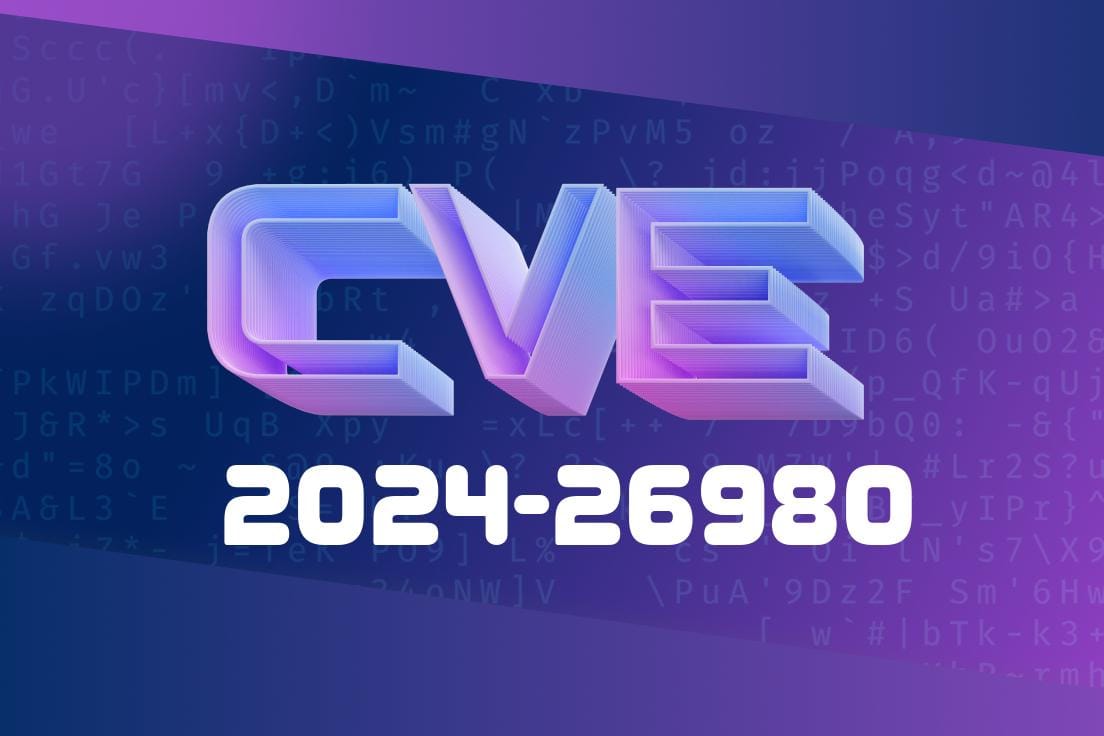The Linux kernel is the backbone of millions of servers, embedded systems, and devices around the world. Buried deep in its code, security teams recently discovered a critical bug—now tracked as CVE-2024-26980—that could have led to memory exposure or even full system compromise via malicious SMB packets.
In this exclusive breakdown, we’ll look at how the vulnerability worked, show you the related code, and explain both the attack and the fix in simple terms.
What Is ksmbd?
ksmbd is an in-kernel SMB3 file server. It lets Linux share files with Windows and other clients speaking the SMB protocol, similar to Samba, but as part of the kernel.
Vulnerability Overview
The bug was in how ksmbd handled a specific type of SMB2 request (SMB2_TRANSFORM_PROTO_NUM). Here’s the simplified flow that triggered the vulnerability:
SMB2_TRANSFORM_PROTO_NUM is a code that identifies an encrypted request.
2. The code that handles these requests _did not properly check the incoming request size_ before parsing.
3. If a specially crafted (very small) request came in, the kernel could read memory beyond the intended bounds—a slab-out-of-bounds read.
Vulnerable Code Snippet
Below is a simplified form of the bug. The smb2_allocate_rsp_buf() function would run even if the request was too small to be valid, leading to an out-of-bounds read:
// Before the patch
if (req->ProtocolId == SMB2_TRANSFORM_PROTO_NUM) {
// BAD: missing request size validation
smb2_allocate_rsp_buf(req); // Could access invalid memory!
}
If the incoming *req* was too small, this would lead to reading outside allocated memory (the "slab").
The Fix
The fix, as described in the official patch, ensures that the buffer allocation only occurs _after_ the SMB3 request has been decrypted and validated:
// After the patch:
if (req->ProtocolId == SMB2_TRANSFORM_PROTO_NUM) {
// Secure decrypt first, includes length check!
smb3_decrypt_req(req);
// Allocate buffer only after successfully decrypting and validating
smb2_allocate_rsp_buf(req);
}
Now, smb3_decrypt_req() checks the request's size and validity, preventing further processing if the message is too short or corrupt.
Attacker connects to a ksmbd-enabled Linux server.
2. Sends a malformed encrypted SMB2 request with ProtocolId set to SMB2_TRANSFORM_PROTO_NUM, but makes the packet too small.
Kernel parses and handles the request without validating its size.
4. Out-of-bounds read occurs, potentially exposing kernel memory contents or causing a kernel panic.
Exploit Example in Python (Pseudo-logic)
import socket, struct
s = socket.socket()
s.connect(('target_server', 445)) # SMB/CIFS port
# Craft SMB2 TRANSFORM (encrypted) header with minimal (invalid) size
packet = b'\xfdSMB' # SMB2_TRANSFORM_PROTO_NUM signature
packet += b'\x00' * 20 # Fill rest, but much smaller than real struct
s.send(packet)
# Observe kernel crash or leaked data in response (if not patched)
Note: Exploiting this requires access to the ksmbd service and may require other SMB manipulations for advanced exploitation.
In rare cases, be chained for remote code execution
This is particularly critical because ksmbd runs in kernel space with high privileges, magnifying impact.
References & Further Reading
- Linux Kernel Patch
- CVE Details for CVE-2024-26980
- Linux ksmbd project
How to Stay Safe
- Update your kernel: Make sure your Linux distribution has released a kernel update with this patch. Most major distributions now include the fix as of early 2024.
- Limit SMB exposure: Never expose SMB servers directly to the internet. Use firewalls and network segmentation.
Audit and monitor server logs for suspicious connections.
Conclusion:
CVE-2024-26980 is a reminder that even small oversights in size verification can lead to big security holes—especially in kernel code. Keep your systems updated and keep an eye on network-exposed services like ksmbd.
If you have ksmbd in production, patch ASAP. Attackers move fast!
*(This post is an original explanation drawing from recent Linux kernel bug disclosures, simplified for clarity and learning purposes.)*
Timeline
Published on: 05/01/2024 06:15:15 UTC
Last modified on: 11/06/2024 16:35:13 UTC
